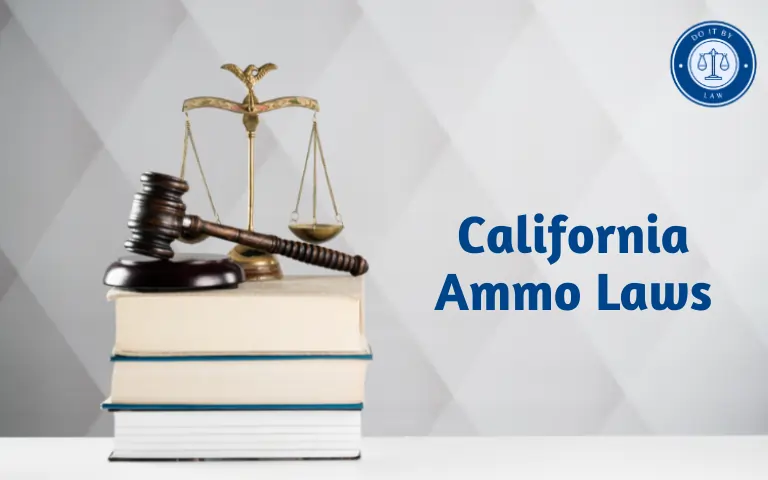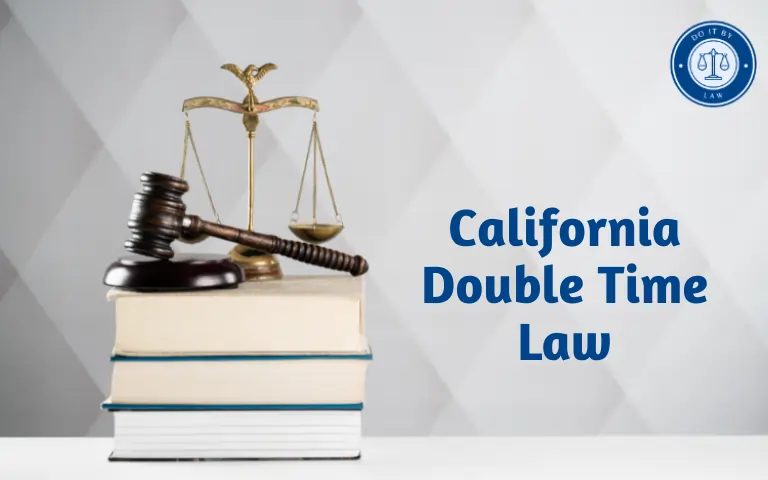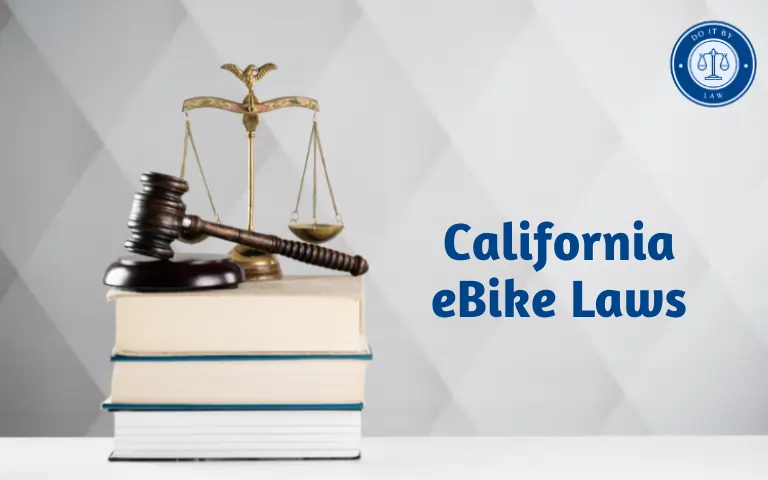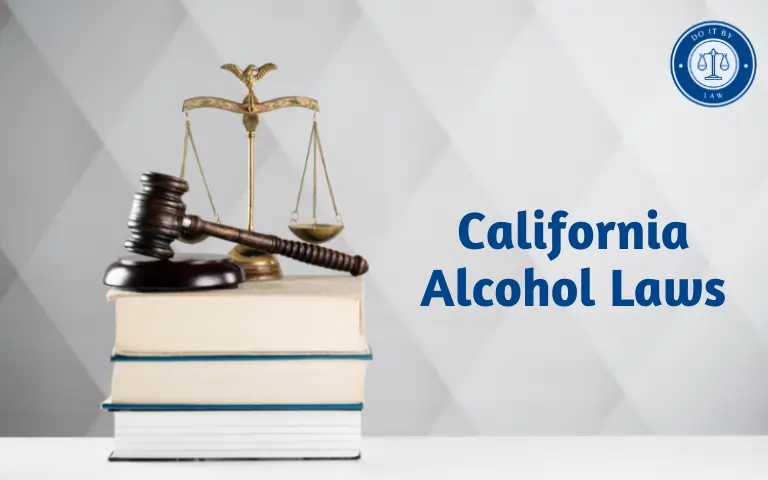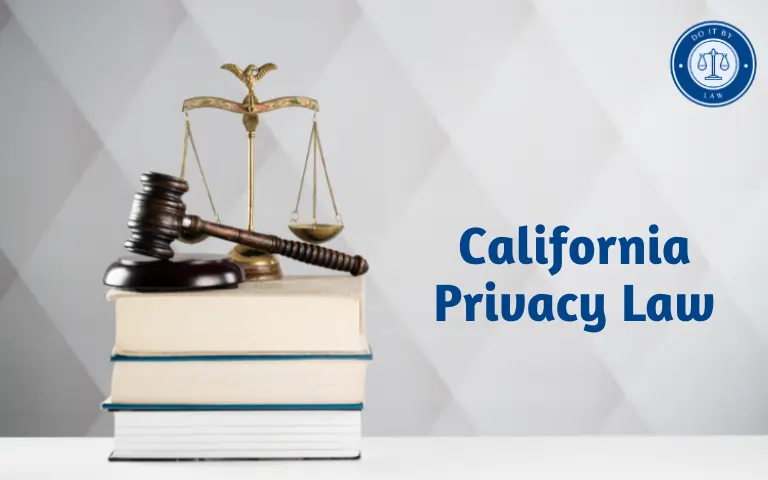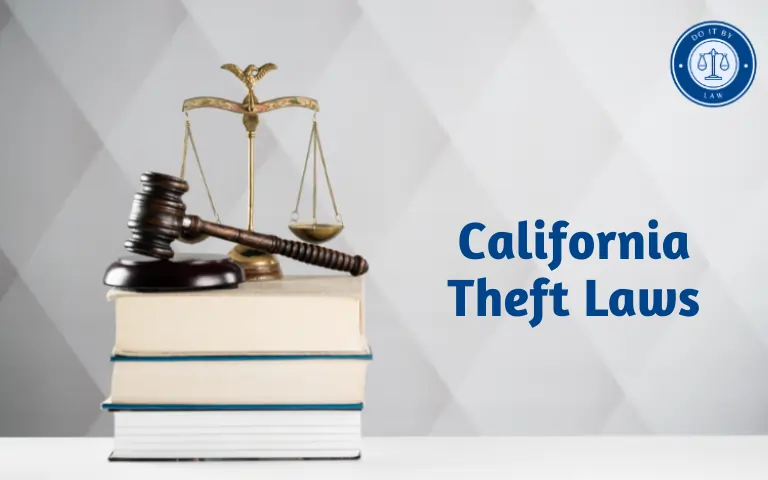California Ammo Laws: What You Need to Know
California has some of the most extensive regulations on ammunition sales and possession in the United States. Complex laws govern the purchasing, storage, importation, and use of ammunition in the state. This guide covers key ammo control provisions, restrictions, exemptions, workarounds, controversies, and recent changes in California Ammo Laws.
Amid rising gun violence nationwide, California continues strengthening controls on firearms and associated ammunition. Laws regulate the sale, transfer, transportation, and use of ammunition along with guns themselves. Supporters argue it reduces crime, while critics contend it infringes on Constitutional rights.
Core California ammo laws include background checks for purchases, limitations on mail-order ammo, bans on large-capacity magazines, and restrictions on possession by prohibited persons. Ongoing legal challenges contest certain restrictions, but major provisions stand for now.
Understanding the nuances of California’s strict ammunition regulations remains essential for lawful gun owners seeking to stay compliant. Mistakes or unclear areas create criminal liability. This overview explains key rules, exemptions, penalties, and recent changes impacting ammunition access in California.
History of California Ammo Laws
As early as 1923, California regulated the possession of certain ammunition types like explosive bullets. But comprehensive ammunition control arrived more recently:
- 1999 – Mandated serial numbers on new guns to aid ammo purchase tracing.
- 2000 – Ballistic imaging is required for new guns to match casings to firearms.
- 2009 – Background checks required for dealer ammo sales following increasing gang activity involving ammo smuggling from Nevada.
- 2016 – Ban on possession of magazines holding more than 10 rounds, even if legally acquired before the law.
- 2019 – Additional background check and purchase reporting requirements for buying ammo. Limits mail-order ammo.
Efforts intensified in recent decades to restrict unlawful access to ammunition and enhance tracing capabilities to fight gun crime. However many laws face ongoing lawsuits.
Key California Ammo Laws and Regulations
Major current California ammunition restrictions include:
- Background checks – Purchasers must pass checks against criminal and mental health databases through licensed dealers for all ammo sales.
- Purchase limits – 500 rounds maximum within 30 days for most ammunition types. Restricted self-defense ammo like hollow points limited to 100 rounds in 30 days.
- Mail order ammo ban – Prohibits direct mail order ammunition sales except for special circumstances like rural locations far from vendors. In-person purchase is required.
- Large capacity magazine ban – Magazines holding over 10 rounds are prohibited even if legally acquired before the law took effect. Felony offense.
- Restrictions on imports – Tight limits on bringing ammo into the state or ordering online/phone from out of state due to background check requirements at the time of pickup.
- Firearm bill of sale requirements – Documenting gun transfers helps track ownership to enforce ammo purchase limits per gun owner.
- Ammunition vendor licensing – Sellers must obtain ammunition vendor licenses from the Department of Justice to legally sell ammunition.
Exemptions to California Ammunition Laws
Certain groups and situations exempt ammunition from some purchase restrictions:
- Active law enforcement officers can buy ammo without checks or limits when presenting valid credentials from their department.
- Specialized ammunition for rifles and shotguns is often exempt from limits due to the lack of applicability for use in handguns associated with criminal firearm violence.
- Retired officers from any state/federal agency face background checks but no quantity limits when buying ammo.
- Possession of large-capacity magazines was grandfathered for those who legally obtained them in California before the ban took effect in 2000. But cannot acquire/import more.
- Film studios can obtain otherwise prohibited ammunition types for props under entertainment firearm permits.
Staying legally compliant depends heavily on understanding nuanced exemption scenarios. Qualified purchasers still require care to follow protocols like carrying law enforcement ID and not transferring ammo to prohibited persons later.
California Ammunition Background Check Procedures
Mandated background checks for dealer-sold ammunition include:
- Approved vendor – Purchaser must locate a licensed California ammunition vendor and conduct transaction in-person rather than through mail order.
- Proof of eligibility – Purchaser shows valid firearm safety certificate or other proof of exemption status like sworn peace officer credentials that allow ammo purchase without checks.
- Submit to checks – If not exempt, the purchaser authorizes the vendor to run backgrounds check through the California Department of Justice for felony criminal or domestic violence restraining order convictions that prohibit gun/ammo possession. Checks run instantly during the sale.
- Limits checked – The Database also checked to ensure purchase limits were not exceeded based on the credentials presented.
- Approval – If checks clear, the sale proceeds after a minimum 10-day waiting period.
- Denial – Prohibited persons cannot purchase ammunition if checks uncover banning offenses. Appeal process available to clear errors.
Vendors risk substantial penalties for selling to buyers who fail background checks or exceed purchase limits. Database links help enforce ammo regulations.
Penalties for Violating California Ammunition Laws
Much like firearms offenses, illegal ammunition activities can incur severe criminal consequences:
- Importing, making, or selling ammunition without proper licensing – Up to 1 year imprisonment
- Selling ammunition to prohibited persons who fail background checks – Punishable by imprisonment of up to 16 months, a fine of up to $1,000, or both
- Exceeding purchase quantity limits – 6-month misdemeanor
- Possessing banned large-capacity magazines – Potential felony with 16 months+ imprisonment
- Providing false information to the vendor or failing to deliver required records – Up to 1-year imprisonment
On top of criminal penalties, prohibited persons also forfeit the right to own guns and ammunition. Several offenses together create extended felon-in-possession liability. Losing 2nd Amendment rights permanently is life-changing.
Recent Changes and Proposed Reforms to California Ammo Laws
Ammunition regulations continue evolving in California through legislation, voter propositions, regulations, and case law:
- 2016 Proposition 63 strengthened background check requirements and purchase reporting needed for enforcement.
- Ongoing legal challenges by NRA and others contest expanded background check scope and definitions. But major provisions upheld so far.
- Attempts to loosen restrictions like Proposition 63’s ban on large-capacity magazines have failed.
- New 2022 laws raised penalty fines on vendors for ammunition sale violations to match firearm violation fines.
- Some rural counties declared themselves “Second Amendment sanctuaries” refusing to enforce ammunition control laws, generating legal conflicts.
- Legislators continue proposing enhanced reporting, restrictions on self-made “ghost guns”, requirements to micro stamp ammo, and other measures aimed at reducing gun crime through ammunition regulation.
The trajectory points clearly toward additional ammunition access controls in California rather than loosening existing key laws given the current political climate.
Workarounds for Complying with California Ammo Laws
While complex, California ammunition restrictions do not completely prohibit access and use for lawful purposes like self-defense, training, hunting, or sport shooting:
- Prior planning enables ordering necessary quantities online or out-of-state and importing personally before laws take effect. No retroactive bans or confiscations occurred for previously owned ammo.
- Purchasing smaller quantities more frequently at local vendors keeps supplies on hand within purchase limits. Exemptions exist for exotic ammo not often used in crimes.
- Reloading ammunition remains fully legal without background checks or limits. But banned ammunition types still cannot be self-made.
- Various retailers rapidly adapted to make buying convenient via California ammo “superstores”, gun show booths, and home delivery from in-state sources following restrictions.
- Firearm skills training makes limited allowed defensive ammunition purchase quantities go further through precision.
With foresight and understanding of the legal landscape, sufficient ammo can be obtained to lawfully exercise 2nd Amendment firearm rights in California.
Controversies Around California Ammo Laws
Gun owner groups like the NRA and Firearms Policy Coalition continue challenging ammunition controls through lobbying and lawsuits:
- They argue background checks and purchase limits cannot be implemented because the tracking database mandated by Proposition 63 remains incomplete, preventing legal enforcement. However, the 9th Circuit ruled sufficient information exists to proceed with checks using available data.
- A lawsuit temporarily exempted out-of-state purchases from restrictions but was overturned on appeal. In-person California checks are now definitively required for almost all ammo transactions.
- Limits on mail order, importation, and safe harbor quantities are claimed to infringe on supply access, especially for exotic calibers not locally available or those shooting high volumes in competitions or training. However, the state can limit channels to enforce oversight.
- Groups claim large-capacity magazine possession ban enforcement is impossible given the lack of registration records. However, intimidation impact seems to restrain unlawful use.
So far California ammunition laws have survived legal challenges mostly intact and face no serious repeal threats. Compliance and adapting remain the prudent choices despite disputes over legality and impacts.
FAQ on California Ammo Laws
Interpreting California’s complex ammo laws creates confusion. Common compliance questions include:

